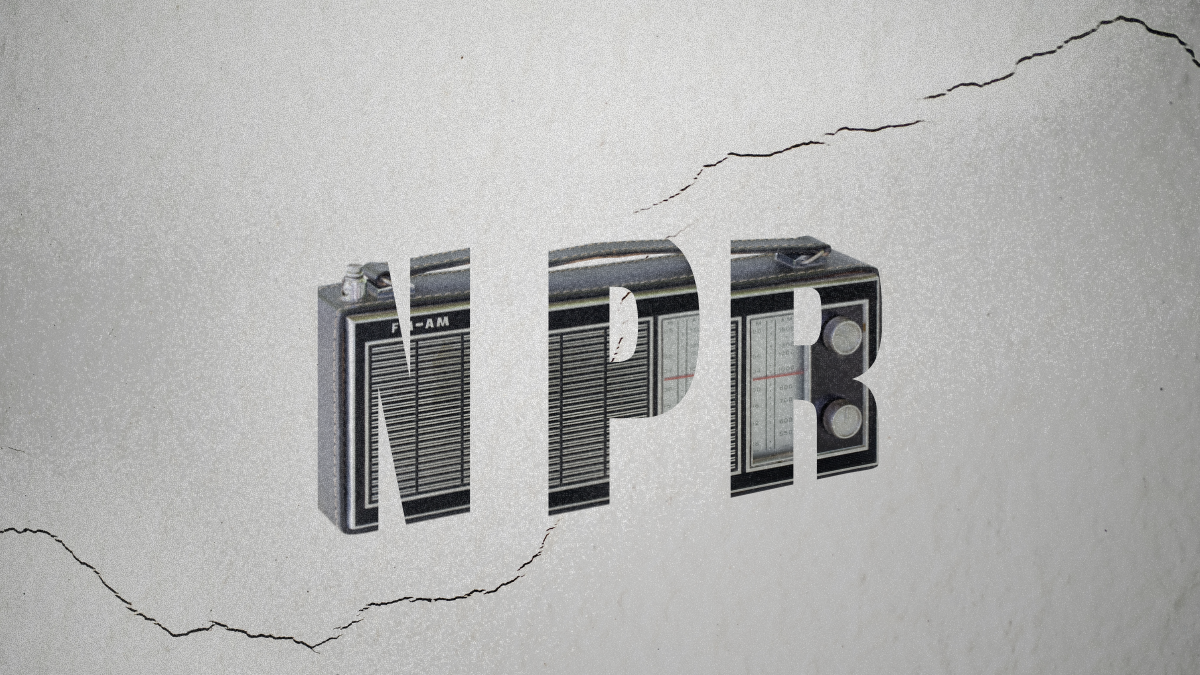Trump has instructed the Corporation for Public Broadcasting to cease funding to NPR and PBS. At risk is $535 million provided annually to around 1,600 radio and television stations across the country.
The executive order emulates Trump’s recent attacks on members of the media, including banning The Associated Press from the Oval Office, suing CBS, and shuttering Voice of America.
It’s not yet clear how the executive order will be carried out. However, the results will likely have a direct impact on the 12 PBS television stations and nine NPR stations in North Carolina. Those include Durham’s WUNC and Charlotte’s WFAE.
Paul Hunton, WUNC’s president and general manager, said that WUNC receives $800,000 in federal money annually.
“In North Carolina, it would have a big effect,” Hunton said. “We’ve got nine stations that cover most of the state, and that’s a lot of investment in infrastructure and technology. We’ve got one of the bigger newsrooms in the area.”
David Crabtree, CEO and general manager of PBS North Carolina, echoed Hunton’s concerns. PBS North Carolina has been on the air for more than 70 years. The organization is also at risk of losing $4 million in funding in the state budget recently passed by Republicans in the North Carolina Senate.
“While this is framed as defunding PBS at the national level, it directly threatens vital funding for local stations,” Crabtree said. “Federal support accounts for $4.8 million of our annual operating budget. This funding is critical to the essential services we provide every day, such as delivering emergency communications across the state, educational programming and resources, and the local and national programs our viewers depend on.”
Crabtree said he is actively monitoring developments and that the station would “remain steadfast in our mission to educate, inform, entertain and inspire.”
Trump’s opposition to NPR and PBS stretches back to his first term in 2017, when he called for Congress to defund CPB, accusing both broadcasters of supporting the Democratic Party.
Both PBS and CPB executives have challenged the legality of the executive order. CPB was created by Congress in 1967, and the Impoundment Control Act of 1974 dictates that a president can’t unilaterally undo a congressional earmark without congressional action.





